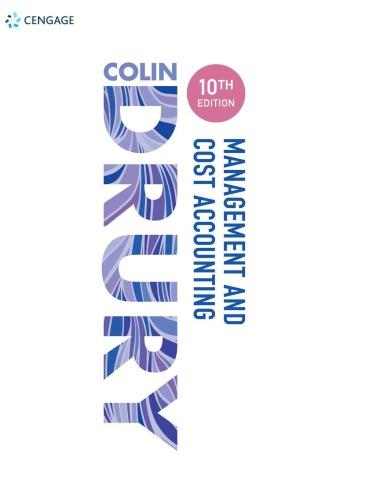An article written by Ben Chu published in The Independent newspaper in 2016 demonstrated why the classical
Question:
An article written by Ben Chu published in The Independent newspaper in 2016 demonstrated why the classical economic view of humans as rational decision-makers is often very wide of the mark. When individuals evaluate a financial decision, when a business leader decides whether or not to continue with an investment project, when a politician decides on a policy, they are all supposed to weigh up the costs and benefits dispassionately.
And those decisions are supposed to be made on the basis of future potential costs and benefits, not costs from the past. Anything spent to get to that point of decision should be irrelevant.
They are sunk costs which cannot make a project a better or worse proposition.
Nevertheless, we find it very hard to avoid looking back. Business leaders will often plough on with dubious investments because they are so emotionally invested in the project. Fund managers have a tendency to hold on to bad company investments that they spent a great deal of time and effort researching. Football managers will play the hugely expensive striker they bought, even when the player is obviously misfiring.
Managers are often unable to make the decisions to scrap projects that are already up and running in order to cut their losses. For example, the sunk costs fallacy draws attention to how Sadiq Khan, the Mayor of London, originally opposed the construction of a new £175m Garden Bridge across the Thames but later changed his mind because the money [spent on the design] is spent.
Cancelling would mean we lose that money and have nothing.
This kind of behaviour is hard-wired into our psyches but nevertheless we should recognize when the sunk costs fallacy is leading us seriously astray.
Questions:
1 What are the relevant costs and benefits relating to the Garden Bridge?
2 Why might managers be reluctant to abandon loss-making projects?
Step by Step Answer:






